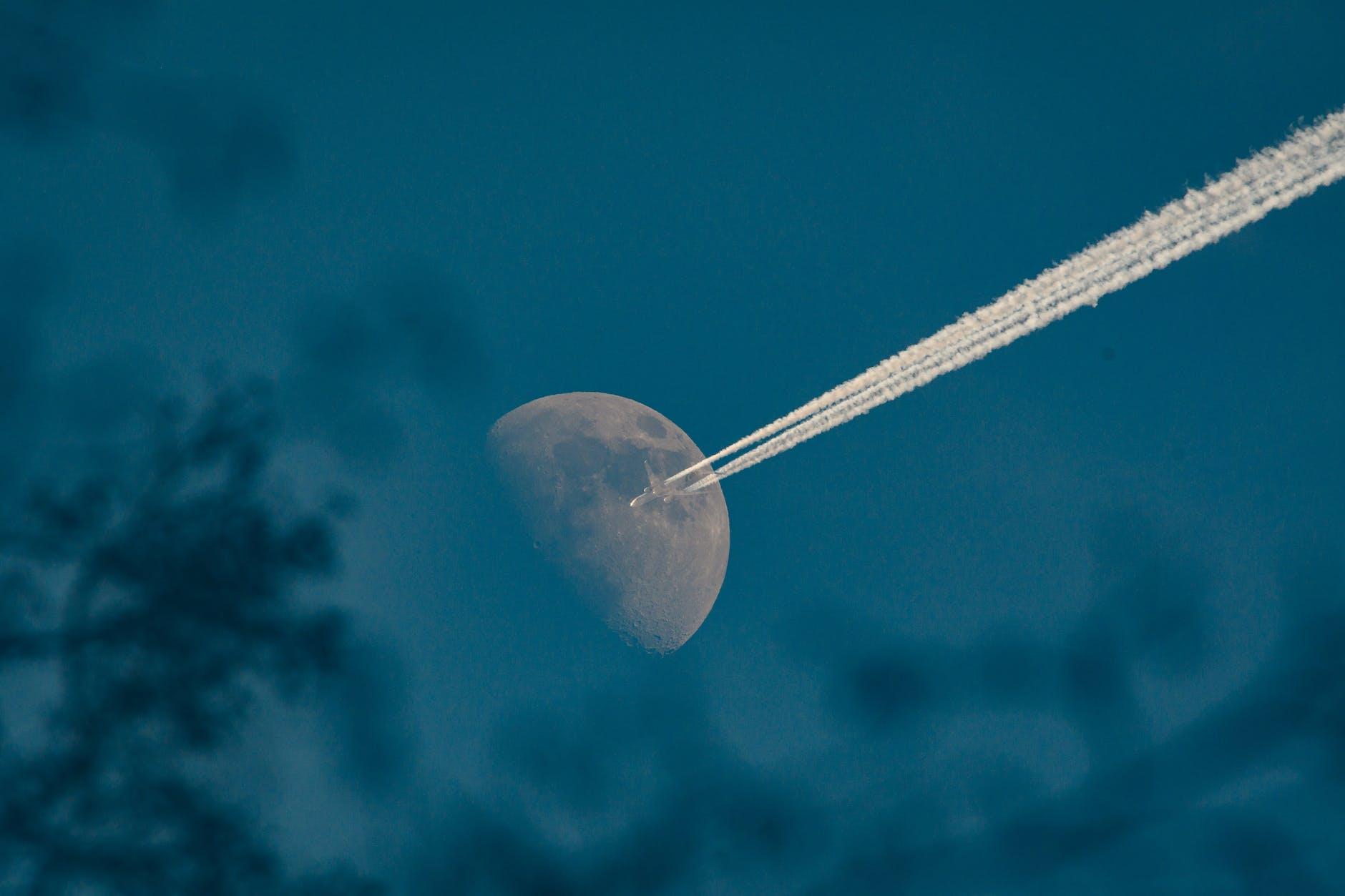Letters to Flowers
We stand in that field. The sun traces you in gold and you shine from behind, with one hand resting on the rough stone. The stone rises up to your fingers, needing your touch like you need its grey assurance. There is a lot of necessity sitting heavy in the July humidity. The grass a sweet shade of green, patiently waiting for the breeze. And we stand, the usual crowd: me, you, sister, black granite. Maybe marble. I’ve never asked.
We discuss the Tree of Life designs etched into neighboring stones. Slender trunks with branches reaching up to a divine sky, brushing last names in bold, capital letters, loud with absence. Two of these wistful pictures; did they coordinate, the stormy rectangles whispering at sundown? We say the long, syllabic names that entertain us; not to criticize them, how could we with a name like ours? But to hear the company my mother keeps. To wonder what holidays and Sunday mornings sound like for the eternal. If I don’t look away from the stone, I risk falling in.
I search the smooth marble surfaces, looking for faces peering out of curling years and stories tucked between corners. I ache for someone else’s grief. My chest tightens with the familiar craving to breathe in their story like the smell of summer rain. To know their secret wishes, darkest moments, and fiery triumphs, who they loved and why they loved, and where they went when they couldn’t.
I can’t remember when we all turn back when I link arms with my sister, and you take her other arm and we touch the stone. As sudden as death, we are all together. We are whole, together like we haven’t been in years; the chatter, the observations, the weather notation is all just dinner talk. And here we stand, eating our emotions. We are tantalizingly normal. A hard-won heartbeat. We feast on amnesia and I am so satisfied. The warmth that flushes to my toes to my fingertips fills my throat, with the most comfortable sense of being full. Beautiful in its unexpectedness but terrible in its leaving, its shattering potential.
When the heartbeat ends, I cannot look at the stone. I cannot touch the chipped rough rectangle on top, that so many of the stones have. Onyx with yawning flowers my mother drew carved on either side of her name, her years, and her three words; each one responsible for explaining her significance to her family, her importance to the world, and her ultimate injustice in death so young. Beloved.
The injustice is for those on the other end of beloved, the buzzing longing that we hear on these stagnant afternoons. The parents the children the you. I am only ever filled with questions: about my mother, about you, about the immense sea of human life, waves rolling ever higher.
Since we visited Mount Hope on Sunday, I feel emptier, more filled with this sloppy, roiling compulsion to know lives and lies that drip so profoundly in this saturated July air. Did she choose the flowers? Did she know she was going to die, lying in the hospital bed, holding our small hands? Did you? How do we keep going? Fifteen years later I miss her more than ever and I still don’t know how to tell people, no, my mother died when I was young, but I’m okay now; I’m healed by the churning of time and the careful, sugared lies my memory sings me to sleep with. If you get over death, you’re a ghost. If you get stuck, you’re just one of us.
On this Sunday, you told her we were all done with school now; even though you looked at us, your words fell towards the stone and the now burning grass. Each blade beginning to simmer green. Sister says I’m wrong, says my memory was weeded even breathing in the moment. But I know you were talking to her. Wanted her to be there.
That moment of wholeness was everything, as delicious as that first bite of apple when the golden leaves crackle to the ground; it leaves me with three rattling seeds and a browning chewed core.
I’m afraid to think of her constantly hovering nearby, a woman I almost knew, but I’m terrified to believe she’s gone forever and that I can never hug her again. I know I should be better now, but I don’t know what to do with this sadness, where to hide it on joyful days and how to remember on grey ones. This missing. I look for my mother in all the women I meet. I consider whether they would be a good mother, whether I would want them to be my mother. I hunger for their approval, their advice, their wisdom; things I’m not entitled to from them. Sometimes I think I just have to sit with the sadness. I have to be quiet and whisper myself happy. Other times I think this can’t be right. It’s been fifteen years, I should be over it; so I wrap the sadness and longing in red velvet and put it in a cedar box and bury it deep deep in the ground with nothing but a smile to mark its presence below.
We stand.
–
Simona Zaretsky is a writer posing as a New Yorker, happy to be perpetually lost. She attended Sarah Lawrence College where she studied English and History. Her work was recently featured on the podcast The Literary Whip. She’s always looking for another book to add to her stack and she has a no-longer-secret passion for seashells.
© Simona Zaretsky
Photo Credit: © Avgustus / Adobe Stock



